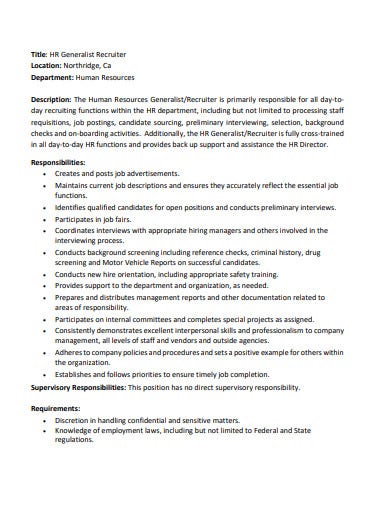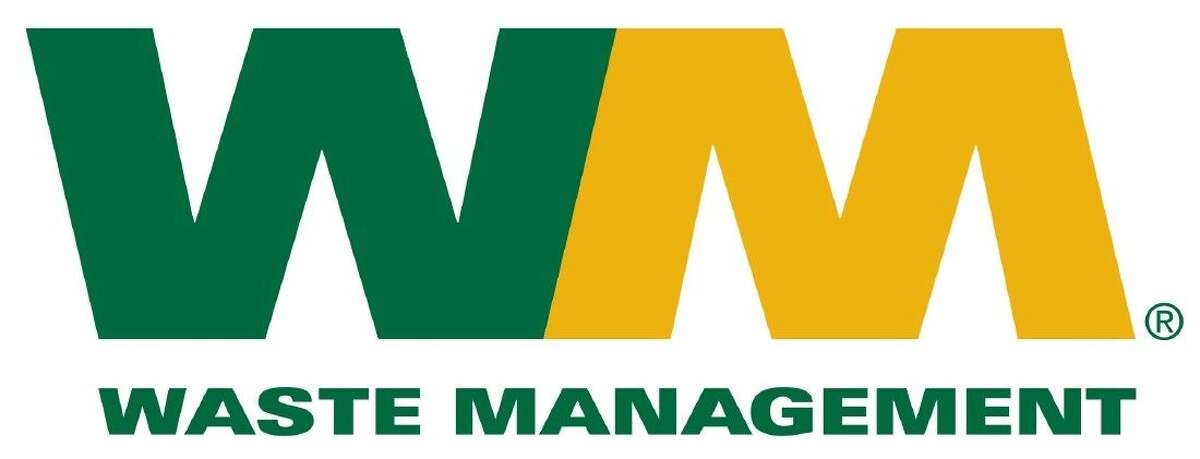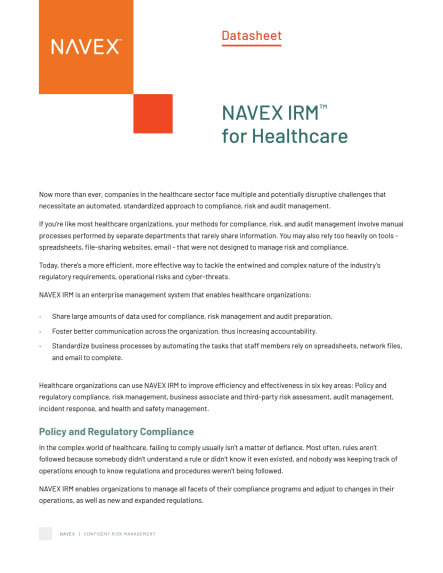
Global supply chain management is a practice that focuses on the distribution of goods and services across a transnational company's entire network, with an aim to maximize profit while minimizing waste. Various methods are employed to improve the efficiency of this process, including the development of software tools to monitor the entire process. This article discusses some of the key benefits as well as requirements of a global Supply Chain Management degree program. This article also addresses the education requirements for students interested in this field.
Benefits from a global supply chain management degree
Global supply chain management degrees are a good choice for anyone who is interested in a career in this field. This degree program will prepare you to become a global leader in the field. Graduates will be able to use advanced analytical tools and knowledge in supply chain management. They will also be able to optimize commercial networks. If you are already working, a degree in global supply chain management can help you advance your career.

This curriculum will provide information on operations and the intricacies involved, such as inventory management, production planning, warehousing techniques, and global supplier relationships. Students will be taught how to maintain and develop healthy relationships with suppliers all over the globe. Students will complete both practical research and applied coursework, which allows them to gain real-world industry experience. After graduation, you will also be eligible to work in your chosen industry.
Graduates of the program have many career options
There are many career opportunities in the field of global supply chains management. Businesses need to manage costs. As a graduate of global supply chain management, you could help businesses to make money through this profession. The job that you choose will determine whether or not you are able to manage the entire supply chain. Career opportunities for a graduate of global supply chain management vary considerably, but these are among the most common.
Knowledge of the supply chain is the most important skill to be successful in this field. Candidates should have a solid understanding of supply chains, and the ability communicate with nontechnical colleagues. A background in the Internet age is a great advantage. Graduates will be able understand the impact of the internet on retail and can contribute to the development of e-retail.
Education requirements
A bachelor's degree in business administration is not necessary to become a global supply chain manager. A master's level in global logistics management will provide you with the knowledge and skills required to manage a global distribution chain. This degree emphasizes new technologies and advanced analysis tools that can be used to enhance the effectiveness of commercial network. This degree can be completed online. These strategies will be implemented and developed for your benefit.

Students interested in specializing in global supply chains management can also take courses related. Project management courses teach students how to identify resources and budgets, integrate stakeholder input, and make sure that projects are on track. Students learn to work with international partners and understand the global economic system. Students may take courses in leadership or communication skills depending on the program. You can also study business communication courses that will improve your communication skills.
FAQ
What are the four major functions of Management?
Management is responsible to plan, organize, direct, and control people and resources. Management also involves setting goals and developing policies.
Management is the ability to direct, coordinate, control, motivate, supervise, train, and evaluate an organization's efforts towards achieving its goals.
These are the four major functions of management:
Planning - Planning is about determining what must be done.
Organizing is the act of deciding how things should go.
Directing – This means to get people to follow directions.
Controlling: Controlling refers to making sure that people do what they are supposed to.
What is the difference of leadership and management?
Leadership is about influencing others. Management is about controlling others.
A leader inspires followers while a manager directs workers.
A leader motivates people and keeps them on task.
A leader develops people; a manager manages people.
What is TQM?
The industrial revolution led to the birth and growth of the quality movement. Manufacturing companies realized they couldn't compete solely on price. If they wanted to stay competitive, they needed to improve their quality and efficiency.
Management responded to the need to improve, and developed Total Quality Management (TQM). This focused on improving every aspect of an organization’s performance. It included continuous improvement processes, employee involvement, and customer satisfaction.
What is the difference between project and program?
A project is temporary, while a program lasts forever.
A project has usually a specified goal and a time limit.
It is often done in a team that reports to another.
A program usually has a set of goals and objectives.
It is typically done by one person.
Statistics
- The BLS says that financial services jobs like banking are expected to grow 4% by 2030, about as fast as the national average. (wgu.edu)
- The profession is expected to grow 7% by 2028, a bit faster than the national average. (wgu.edu)
- The average salary for financial advisors in 2021 is around $60,000 per year, with the top 10% of the profession making more than $111,000 per year. (wgu.edu)
- Our program is 100% engineered for your success. (online.uc.edu)
- Hire the top business lawyers and save up to 60% on legal fees (upcounsel.com)
External Links
How To
How does Lean Manufacturing work?
Lean Manufacturing is a method to reduce waste and increase efficiency using structured methods. They were created by Toyota Motor Corporation in Japan in the 1980s. The main goal was to produce products at lower costs while maintaining quality. Lean manufacturing seeks to eliminate unnecessary steps and activities in the production process. It has five components: continuous improvement and pull systems; just-in time; continuous change; and kaizen (continuous innovation). The production of only what the customer needs without extra work is called pull systems. Continuous improvement is constantly improving upon existing processes. Just-in-time refers to when components and materials are delivered directly to the point where they are needed. Kaizen refers to continuous improvement. It is achieved through small changes that are made continuously. The 5S acronym stands for sort in order, shine standardize and maintain. These five elements can be combined to achieve the best possible results.
Lean Production System
Six key concepts are the basis of lean production:
-
Flow is about moving material and information as near as customers can.
-
Value stream mapping - Break down each stage in a process into distinct tasks and create an overview of the whole process.
-
Five S’s - Sorted, In Order. Shine. Standardize. And Sustain.
-
Kanban – visual signals like colored tape, stickers or other visual cues are used to keep track inventory.
-
Theory of constraints: identify bottlenecks in your process and eliminate them using lean tools, such as kanban board.
-
Just-in-time delivery - Deliver components and materials right to your point of use.
-
Continuous improvement - Make incremental improvements rather than overhauling the entire process.